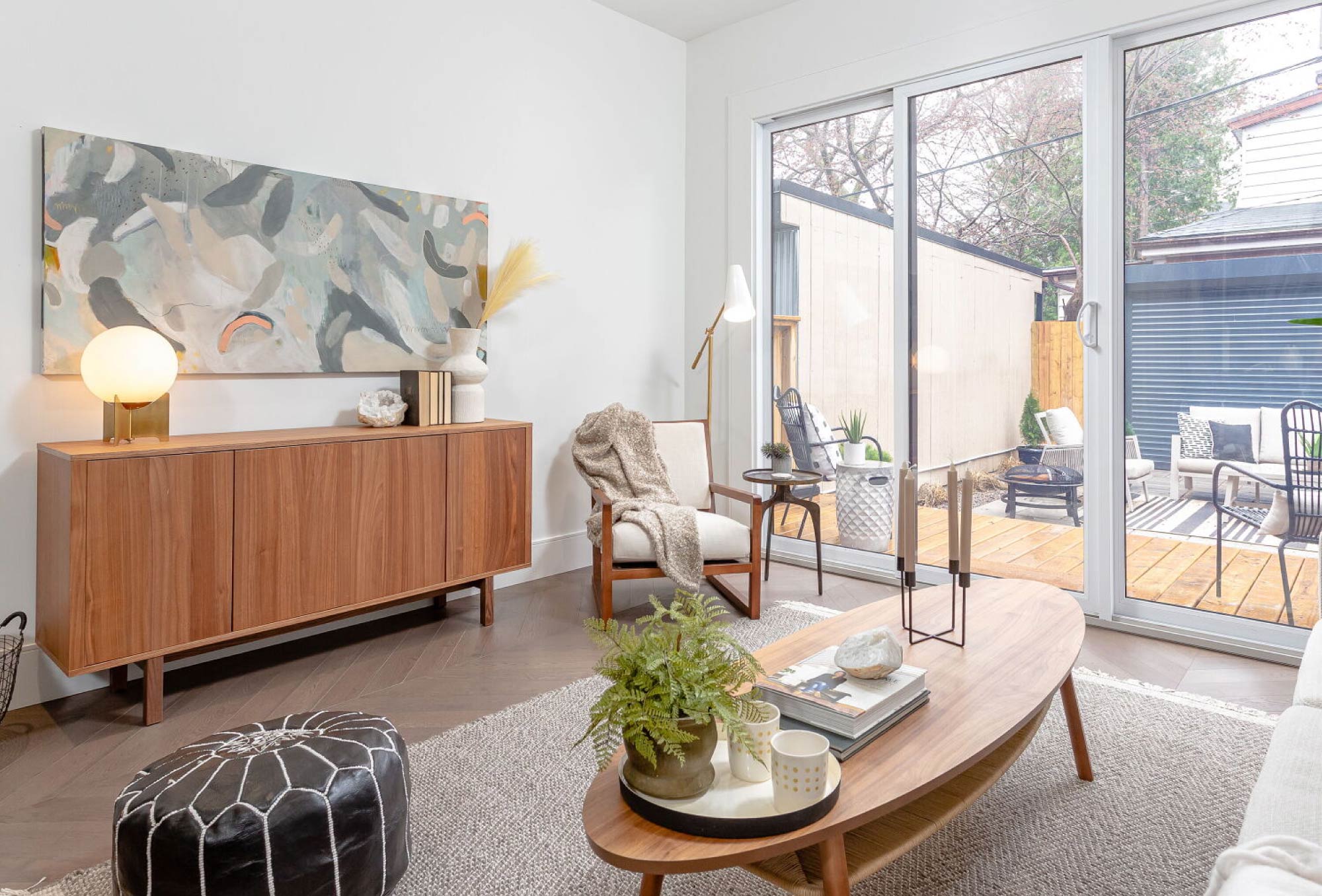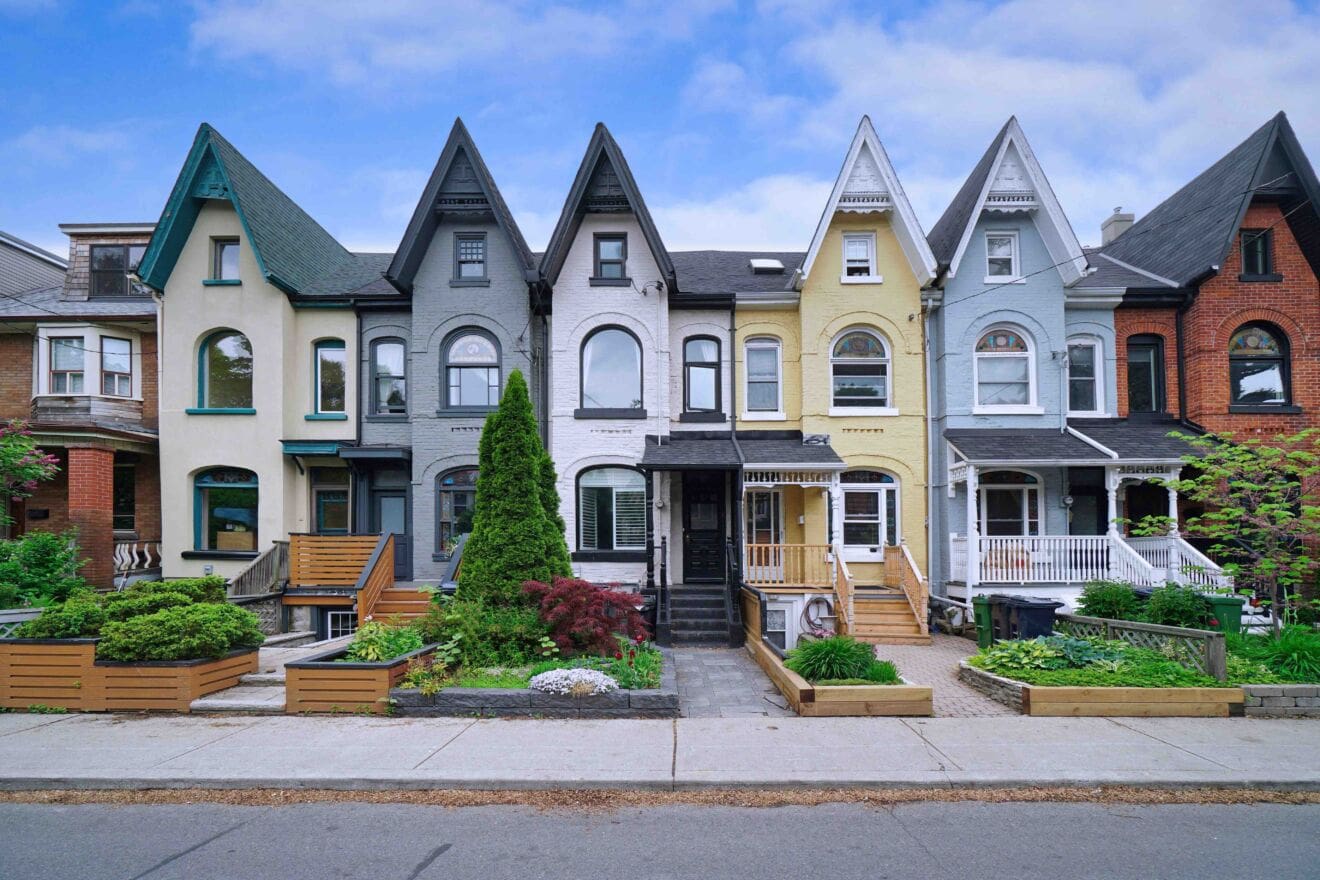
As a first-time buyer, finding a home that fits your budget, lifestyle, and needs might lead you to a condominium. With convenience, easy maintenance, and an immediate sense of community, condos are a popular choice for first-time buyers.
Here is what you should know before you start looking for your first condo.
1. Get Pre-Approved for a Mortgage
Meet with a mortgage advisor or broker to establish a budget, determine what type of mortgage you should choose, and get pre-approved. Your pre-approval will be based on a variety of factors, including your income, debts, and credit. Meeting with an advisor before you start your condo search will help you narrow in on the right condo without wasting time on units that are out of your budget.
2. Consider the Pros and Cons of a Condo
A condo building is essentially a community within itself, with general meetings, a board of directors, and monthly fees. The rules and bylaws of a condominium building will vary but can cover subjects such as pets, parking, noise, amenity use, alteration of your unit, and maximum occupancy. It’s important to understand that as a condo owner, you might not have the same freedom with your home as you would with a detached house. Be sure to review the building’s rules and bylaws before you buy to ensure they don’t conflict with your needs and wants.
3. Establish Your Condo Wish List
Condominiums can check off needs and wants you might not have even known you had, from 24-hour security to a south-facing balcony. Pools, gyms, rooftop terraces, storage lockers, location, and nearby amenities should all be factored into your list of must-haves and deal breakers.
4. Don’t Write Off Resale Condos
Seeing both resale and new units will provide you with a greater sense of where your money can take you. While a new build gives you the chance to customize your unit before it’s built, older condominiums may have larger units, lower deposits, and shorter wait times to move in.
5. Save for Additional Condo Fees and Costs
In addition to the purchase price, taxes, and closing costs, you will be responsible for the monthly or recurring costs of your condo. Unit insurance, monthly occupancy fees, amenity fees, mortgage payments, utility expenses, and maintenance costs should all be factored into your budget. If you haven’t already, you should also set aside funds for unexpected costs.
6. Work with Local Condo Experts
With a specialization in Toronto’s condo market, our team combines our local market knowledge and background in finance to ensure that you make a strong real estate investment. Whether this is your first home purchase or you’re relocating from a house, our hands-on guidance will create a smooth and successful transition to this next stage of your life.

TRB Education Hub
Get the real estate resources you need to succeed. Visit our education hub for market insights, guides, podcasts and more.
TRB Education Hub




